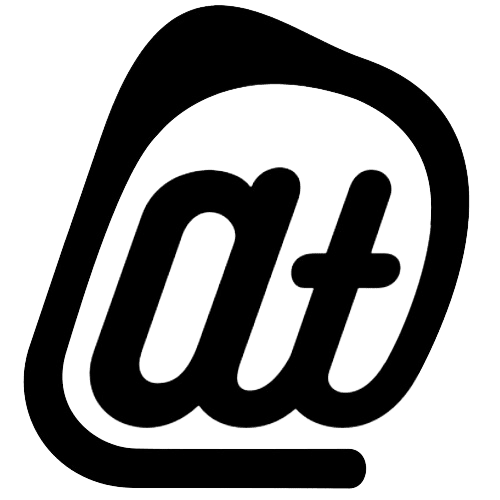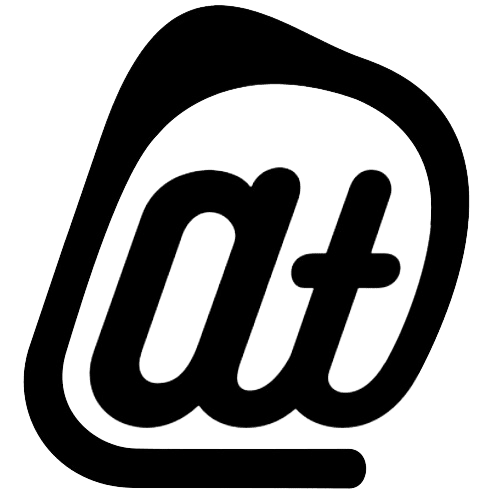Just like off-page SEO (Search Engine Optimisation), on-page SEO remains a fundamental aspect of improving your website’s visibility and ranking in search engine results. This guide will break down the basics of on-page SEO into simple terms, so you can improve your website’s visibility and attract more visitors.
Keyword Research
Start by finding the words and phrases people use when searching for stuff like what you offer. Tools like Google Keyword Planner help you find these “magic words.”
Quality Content
Create content that’s super helpful, interesting, and easy to read. Make sure it makes sense and isn’t just a jumble of keywords. Longer articles often work well, but keep them easy to understand.
Title Tags
The title of your page is important. It’s like the headline in a newspaper. Make it catchy and use one of your main “magic words.” Keep it short, around 60 characters, and make sure the keywords are close to the beginning.
Meta Descriptions
This is like a little summary of your page that shows up on Google. Make it snappy and include your main “magic words” within the first 60 characters. Keep the description brief, around 160 characters.
Header Tags
Use headers to make your content easier to read. The main heading (H1) should have your main “magic word.” Subheadings (H2, H3, etc.) help break things up.
Keyword Placement
Spread your “magic words” throughout your content, but don’t overdo it. Put them in the title, headings, and naturally in the text. Getting the right “keyword density” can significantly boost your rankings.
URL Structure
Make your web addresses clear and short. Include your main “magic word” and use hyphens to separate words.
Image Optimisation
When you use images, give them simple names and add a description (alt text). This helps search engines understand what the pictures are about. Make sure your images aren’t too big, so your pages load fast.
Internal and External Links
Link to other pages on your website when it makes sense. This helps people and search engines find their way around. Also, link to trusted websites to show you’ve done your homework.
Mobile Optimisation
Lots of people use phones for searching. Make sure your site looks good and works well on mobile devices. Google likes mobile-friendly sites and it is considered a ranking factor.
Page Loading Speed
Nobody likes slow websites. Use tools to make your pages load faster. Compress images and make your site more efficient.
Schema Markup
This is like a bonus. Adding structured data helps search engines understand your content better and might give you fancy search results such as a “featured snippet”.
In a Nutshell
On-page SEO is all about making your website easy to find in the big online world. By creating awesome content, using the right “magic words,” and following these tips, you can help your site stand out and attract more visitors. Keep learning and adjusting your approach to stay ahead in the digital marketing game. However, if you’re short for time, consider my freelance SEO services.





